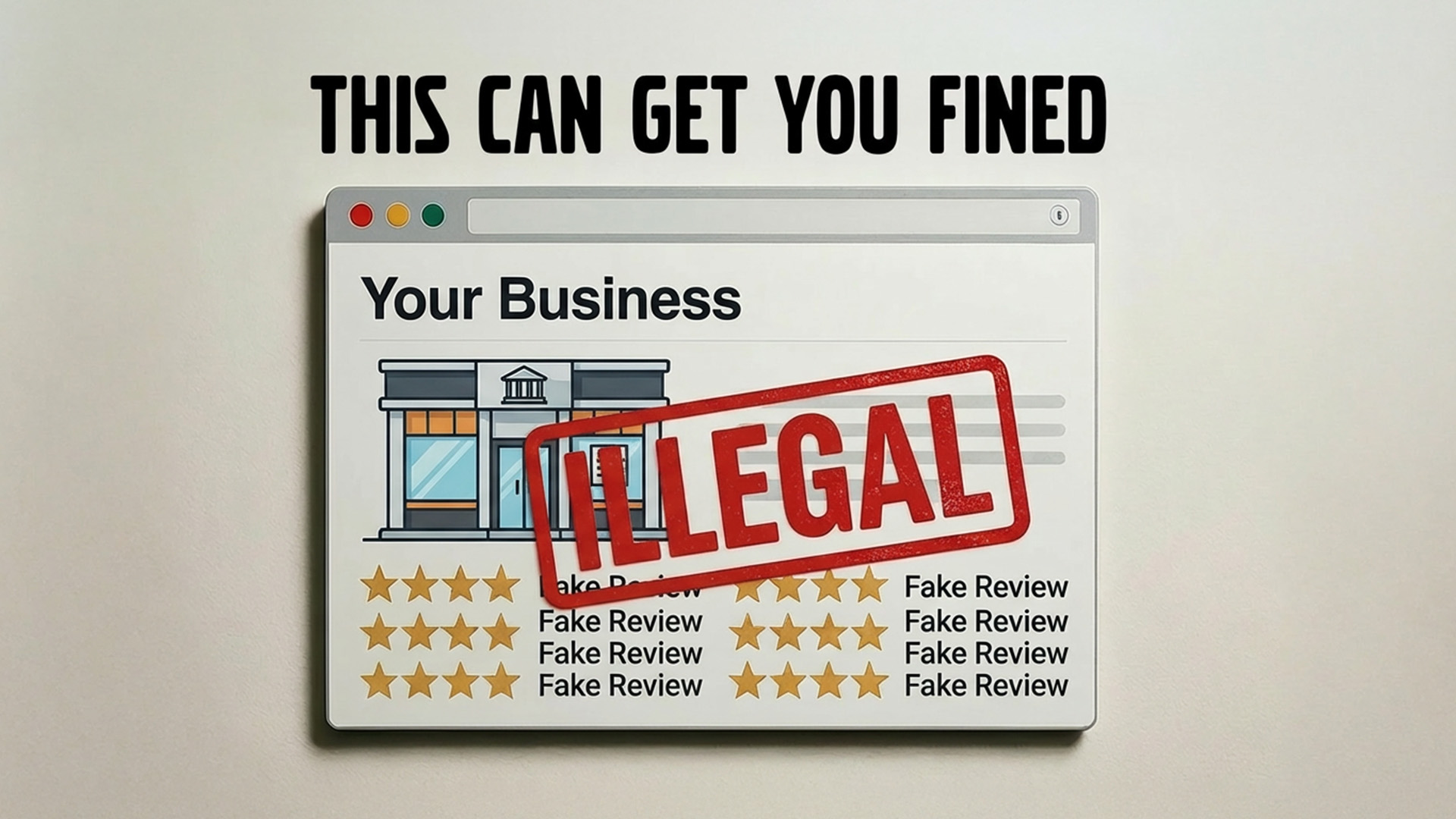In today’s digital landscape, online reviews are more than just opinions—they shape public perception, impact business growth, and, for banks, can even catch the attention of regulators. The Federal Deposit Insurance Corporation (FDIC) takes bank reviews seriously because they reflect customer sentiment, potential compliance issues, and overall financial institution stability. Banks that ignore online feedback may find themselves facing regulatory scrutiny, reputational damage, and customer attrition.
Why the FDIC Pays Attention to Bank Reviews
- Customer Experience and Fair Lending Compliance
Online reviews can reveal patterns of customer dissatisfaction, which could indicate violations of fair lending laws or other consumer protection regulations. The FDIC monitors these reviews to ensure financial institutions are treating customers equitably and providing fair access to banking services. - Operational and Risk Management Concerns
Negative reviews often highlight issues such as long wait times, fraudulent transactions, or poor dispute resolution. If a bank accumulates a significant number of such complaints without addressing them, it may indicate weak internal processes that pose operational risks. - Trust and Stability in the Banking Sector
A bank’s reputation is directly tied to customer confidence. A flood of negative reviews can shake public trust, leading to decreased deposits, increased withdrawals, and potential instability. The FDIC monitors these trends to assess the overall health of financial institutions and mitigate risks to the banking system.
How Banks Can Proactively Manage Their Reputation
With online reviews playing such a crucial role, banks must actively manage their digital reputation. However, manually tracking and responding to reviews across multiple platforms can be overwhelming. That’s where a tech partner comes in.
How a Tech Partner Can Help
- Automated Monitoring & Real-Time Alerts
A tech-driven reputation management solution can track reviews from platforms like Google, Yelp, and the Better Business Bureau in real time. This allows banks to respond quickly to emerging issues before they escalate. - AI-Powered Sentiment Analysis
Advanced algorithms can analyze customer feedback to identify recurring themes and sentiment trends, helping banks address systemic issues proactively rather than reactively. - Streamlined Response Management
A centralized platform enables banks to respond to customer reviews professionally and consistently, ensuring compliance with regulatory expectations while improving customer satisfaction. - Customer Experience Insights
Beyond managing negative reviews, tech solutions can help banks leverage positive feedback, identify service gaps, and enhance their overall customer experience strategy.
Summary
In an era where digital perception shapes reality, banks must embrace technology to stay ahead of customer feedback and regulatory expectations. The FDIC takes online bank reviews seriously because they provide critical insights into customer experiences, regulatory compliance, and financial institution stability. Banks that fail to manage their online reputation risk regulatory scrutiny and loss of customer trust. By partnering with a tech provider, banks can implement a proactive approach to reputation management, ensuring they maintain compliance, enhance customer satisfaction, and build long-term trust in their brand.

